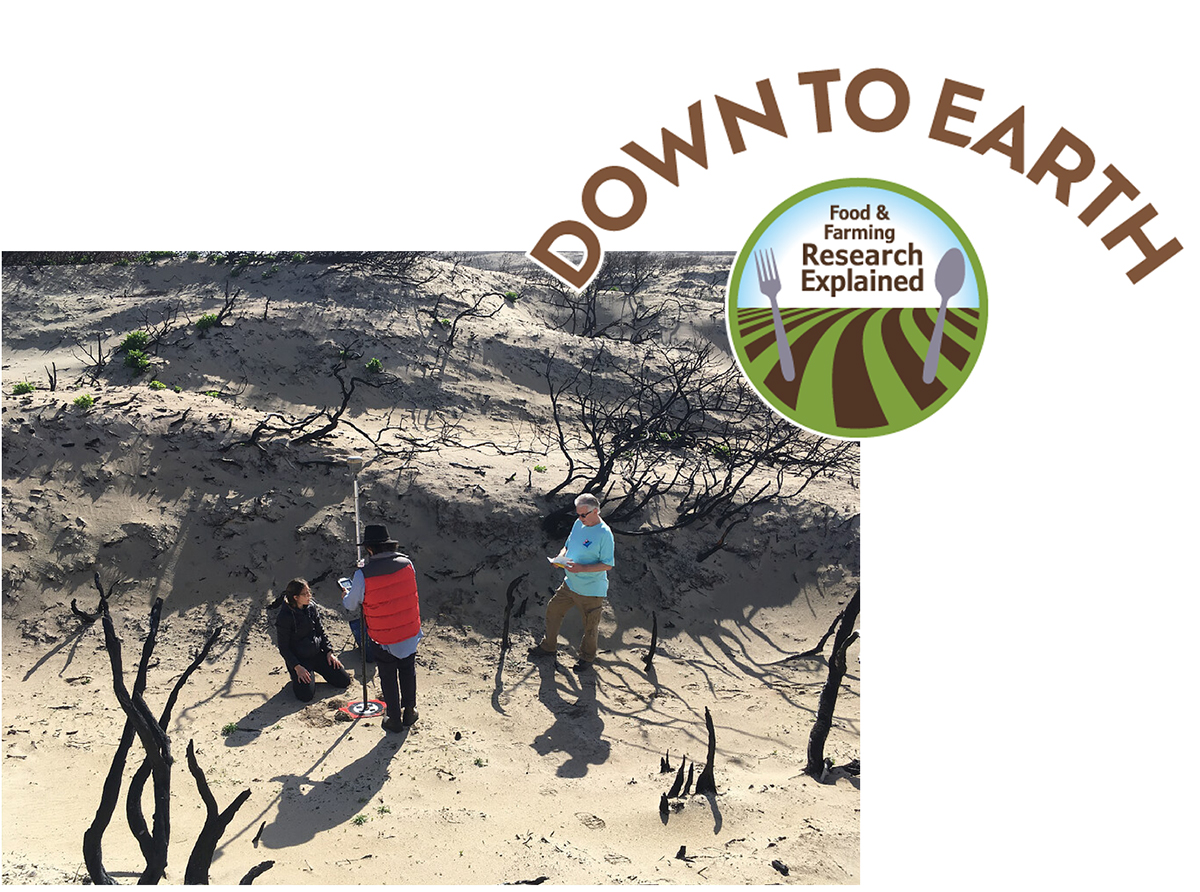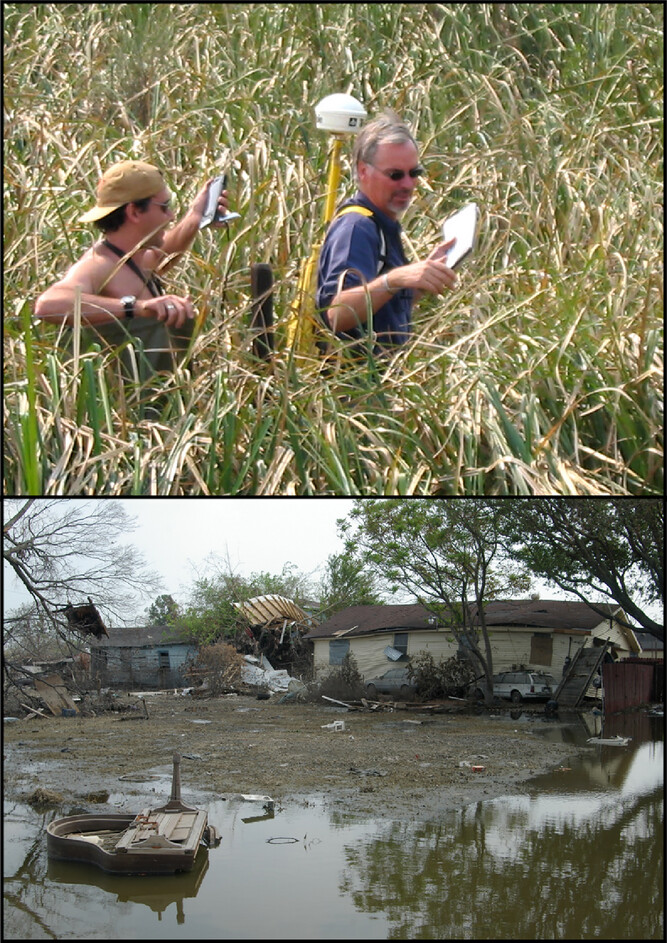No replacement for field trips: The importance of hands-on learning in earth science

The Down to Earth series breaks down and explains food, farming, and environmental sciences for readers of all backgrounds, including those without formal scientific training.
Field studies are at risk of disappearing from college environmental science classes, despite how crucial these outdoor excursions are to understanding environmental science. COVID-19 caused a massive number of budget cuts, which left many classrooms unable to afford field trips.
A paper published in Natural Sciences Education by two researchers from Flinders University in South Australia reviews the value of fieldwork and provides an overview of its benefits. This study provides evidence that field studies improve student academic performance, cognition, critical thinking, practical skills, inquiry, and writing skills. The authors aim to show students, institutions, and employers just how valuable these studies are.
Fieldwork leads to greater personal development, engagement, confidence, and resilience among students. Students prefer institutions that have more fieldwork opportunities, which may contribute to higher engagement and retention. Field trips at the undergraduate level turn students into scholars, and the practical skills and experience acquired on field trips are incredibly valuable to employers.
Concerns and perceived risks
Concern is rising across various schools and campuses over this issue. Administrators will often see these trips as too expensive, and in recent times, COVID-19 has exacerbated this problem because more and more schools have turned to online learning as a cost-saver. Some classrooms have even tried using virtual reality (VR) simulations, but a study done by New Zealand college professor Mostafa Seifan in 2020 found that students perceived VR as less immersive and realistic than physical fieldwork. As total class sizes rise, so does the cost of taking all of the students out on field trips, giving higher institutions another reason to cut them out. Field studies give environmental science students the opportunity to understand how the natural world works on a personal level, and for this reason, they’re considered an essential part of any curriculum.
Another issue is the occupational health and safety risks that come with travel. Some research locations pose hazards for teachers, and any legal action that would come up because of it makes school administrators even more hesitant to allow field trips. Many of these trips also have a financial barrier to entry, which makes it more difficult for kids from low-income areas to participate.
When the pandemic hit, the entire education sector was scrambling to find alternatives to normal classroom learning. Students learning online were often less engaged in activities and lectures. Though there is some evidence that virtual classes can have the same impacts as ones in-person, they still did a worse job of building community, encouraging teamwork, and developing communication skills. Many educators never had the “return to normal” promised at the end of lockdown because their struggles with funding haven’t ended to this day.
Benefits of field studies
Earth and environmental sciences range across a wide variety of classes, including geography, biology, geology, ecology, geomorphology, and mycology, and all of them rely on field studies to teach their students how to collect data. Field studies give students:

- the chance to perform professional research firsthand with the tools of the trade, so they can bring that knowledge to jobs in their field after graduation;
- an opportunity to see animals and plants behaving in their natural habitats;
- knowledge about where minerals are found;
- an understanding of landform dynamics and ecosystems that can’t be gleaned from labs or virtual simulations; and
- a personal connection with the environment, giving them a sense of responsibility towards the health of the environment around them.
Survey responses from more than 3,600 students across several decades prove that field studies increase student grades and knowledge while making them feel more confident and self-assured in their knowledge. Students trained in these courses also have a better chance of finding a job in a similar field once they graduate.
The review in Natural Sciences Education points to the necessity of field trips for both students and educators to succeed in the post-COVID era. They allow students to learn in a way that can’t be achieved by any other means, and without them, they won’t be prepared for the real world. The benefits far outweigh the cost in terms of the value they provide for students and educators. Budget constraints on education are always understandable, but with all this in mind, science teachers and professors should always do the most they can to make sure field trips survive.
Dig deeper
Chitty, E. G, & Hesp, P. A. (2024). The value of field studies in earth and environmental sciences: A review. Natural Sciences Education, 53, e70004. https://doi.org/10.1002/nse2.70004
Text © . The authors. CC BY-NC-ND 4.0. Except where otherwise noted, images are subject to copyright. Any reuse without express permission from the copyright owner is prohibited.








